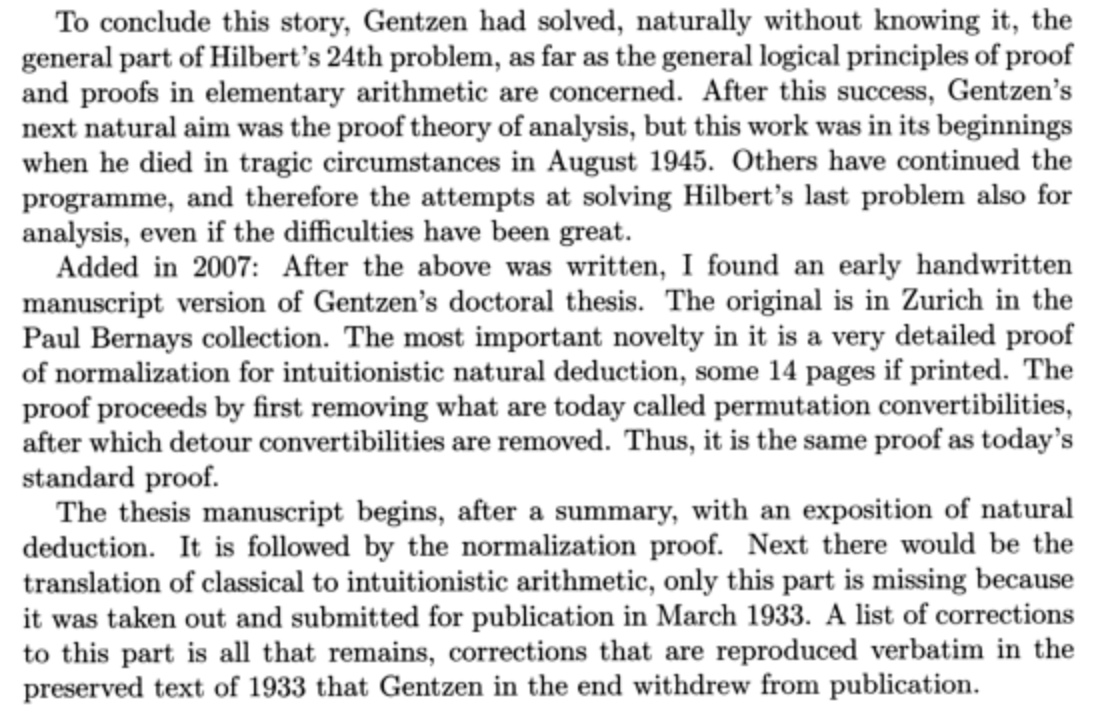Main question:
How does a mathematician choose on which problem to work?
An example approach to framing one's answer:
What is a mathematical problem – big or small – that you solved or are working on, how did you choose this problem, and why did/do you continue to work on it?
An earlier incarnation of this question asked also for problem sources, and about finding mathematics questions (and engaging in mathematical research) more generally; hopefully this revised version focuses it a bit more (though already posted answers should be understood as responses to the previous version).
As one example of what a retrospective look at a problem (problems) might look like, see the note (How the Upper Bound Conjecture Was Proved) provided by Richard Stanley in a comment below.

Best Answer
I think that this question is somewhat similar to:
"How does a botanist decide which plants to look at?"
Well... a botanist always looks at lots of plants.
In the early phases of his/her career, a botanist will spend a lot a time studying well-known plants. Later on, a botanist will have learned to quickly recognise the commonly occurring plants so as to be able to quickly ignore them. He/she will then be able to focus their energy on rarer plants, or plants whose morphology is particularly interesting.
Even later, a botanist might have the opportunity to participate in expeditions to various remote parts of the planet, in order to search for plants that are new to science.
Now:
"How does a mathematician decide which problems to think about?"
Well... a mathematician thinks about a lot of stuff.
In the early phases of his/her career, a mathematician will spend a lot a time studying well-known constructions. Later on, a mathematician will have learned to recognise those problems that can be treated efficiently with well-known tools from those which are likely to be too hard. With the help of an adviser, he/she will then be able to focus their energy on problems that are at the right level of difficulty. Here, the meaning of "the right level of difficulty" always depends a lot on the expertise and background.
Experienced mathematicians have had the possibility to accumulate, throughout their interactions with colleagues, and by their own personal attempts at solving problems, a little collection of problems that are specialized enough so that no-one has really thought about them yet, and not too difficult for a graduate student. That's how graduate students often get their problems to work on.
The mathematicians who are no-longer graduate students have to constantly try to solve new problems. Their ability to find interesting problems (and to solve them) defines how good they are at their job.